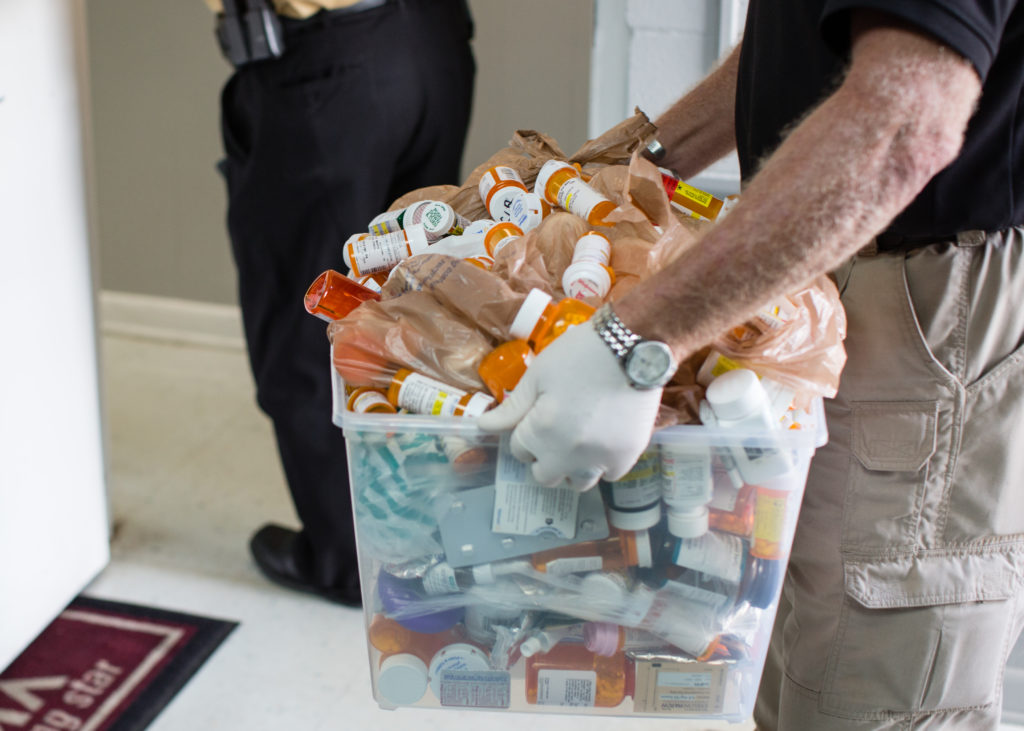
When people hear the word “epidemic,” they often think of smallpox or the flu. In reality, the word can apply to anything affecting a disproportionately large number of individuals within a population, community or region at the same time. With that in mind, let’s break down that definition and apply it to opioid addiction.
There are plenty of facts and statistics that prove this issue is affecting a disproportionately large number of people. According to the U.S. Centers for Disease Control and Prevention (CDC):
- More than 28,000 drug overdose deaths across the U.S. in 2014 involved some type of opioid.
- More than 60 people die every day in the U.S. from overdosing on prescription drugs.
This is also a growing problem in Tennessee:
- Tennessee is fourth in the country for overdose deaths.
- 1,269 people died of drug overdoses in Tennessee in 2014.
- More than 69,000 Tennesseans were addicted to opioids in 2014.
After looking at the facts, it is clear that opioid abuse is not simply a problem we have to live with but an epidemic that needs to be addressed. Once doctors, pharmacists, legislators and patients understand the full scope of the problem, they can work together to decrease the number of overdose deaths that occur in Tennessee and the United States.

Kristina Clark is a co-founder of Count It! Drop It! Lock It!™ and the grants management and sustainability consultant for the Coffee County Anti-Drug Coalition.
